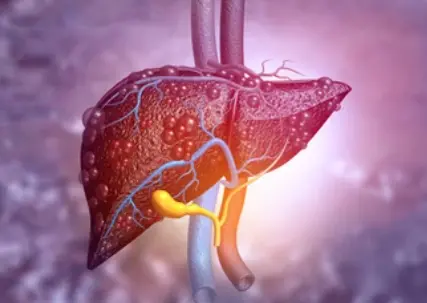 Welcome
Welcome
“May all be happy, may all be healed, may all be at peace and may no one ever suffer."
Cryptococcal meningitis - Generics
Cryptococcal meningitis is a serious fungal infection that affects the membranes surrounding the brain and spinal cord. It is caused by the fungus Cryptococcus neoformans, which is commonly found in soil contaminated with bird droppings. The fungus can infect people with weakened immune systems, such as those with HIV/AIDS or those taking immunosuppressive medications.
Symptoms of cryptococcal meningitis may include:
- Fever
- Headache
- Nausea and vomiting
- Stiff neck
- Confusion or altered mental status
- Sensitivity to light
- Seizures
- Blurred vision or double vision
Diagnosis of cryptococcal meningitis typically involves a lumbar puncture (spinal tap) to obtain a sample of cerebrospinal fluid, which is then tested for the presence of the Cryptococcus fungus.
Treatment for cryptococcal meningitis usually involves a combination of antifungal medications, such as amphotericin B and flucytosine, followed by maintenance therapy with fluconazole. Treatment may be continued for several weeks or months, depending on the severity of the infection and the individual's response to therapy.
Prevention measures for cryptococcal meningitis include avoiding exposure to contaminated soil or bird droppings, and taking measures to strengthen the immune system in those with weakened immune systems, such as treating HIV infection or avoiding immunosuppressive medications when possible.

Total or partial gastrect...

Skin irritations

Bone marrow transplantati...

Scrub typhus

Increased calcium demand...

Menstrual cramps

Hypereosinophilic syndrom...

Parenteral fat emulsions
Cryptococcal meningitis, ক্রিপ্টোকোকাল মেনিনজাইটিস
To be happy, beautiful, healthy, wealthy, hale and long-lived stay with DM3S.